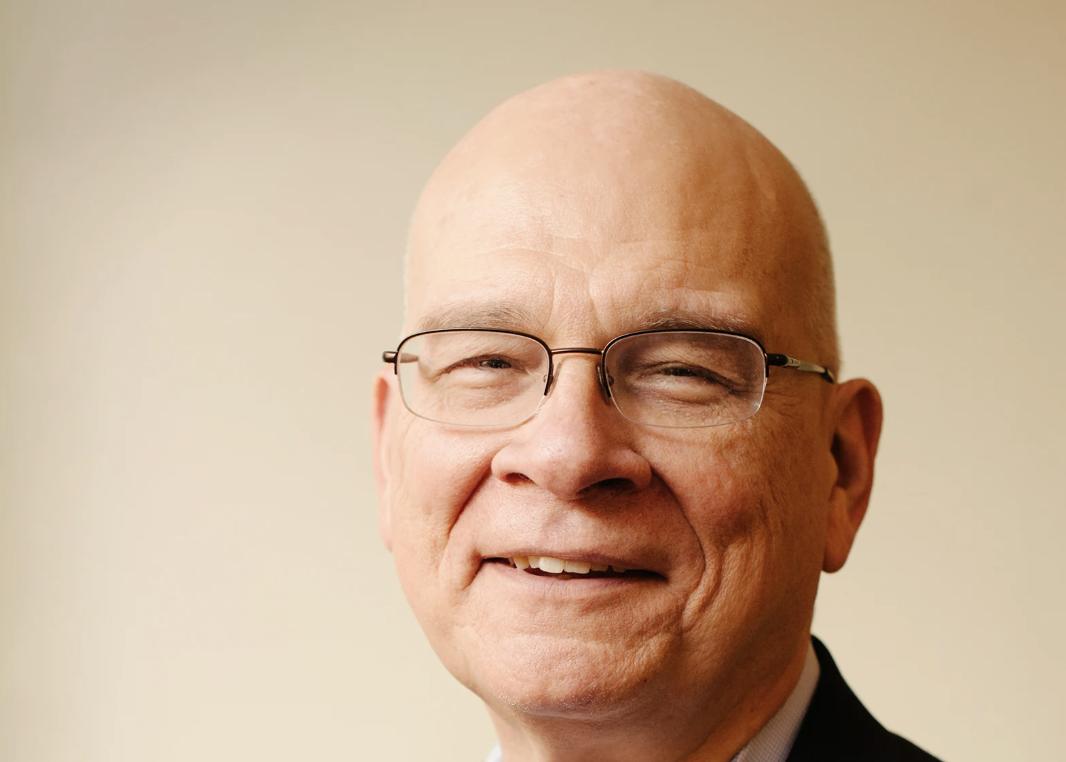Tim Keller died last Friday. He was a blessed and important voice in a City, New York, where power and money are the game. I last visited with Tim at a book signing, Culture Leads Leaders Follow, in 2018:
In Culture Leads Leaders Follow I wrote about Tim:
“When Marty and I moved to New York in 1993, we attended several churches close to where we lived. Our impressions of secular Manhattan were confirmed—or so we thought. The church facilities were beautifully designed and elegantly appointed, but the congregations were small and the pastors uninspiring.
We kept looking, and then one Sunday evening, at the suggestion of a friend, we attended a 6:00 pm service in the Hunter College Auditorium at 69th and Park.
The auditorium was neither beautifully designed nor elegantly appointed. The theater seating showed decades of wear. There was no altar. No cathedral ceilings. No resonant organ; just a pastor and a stage, and thankfully for my ears, a jazz ensemble.
Aside from enjoying inspired and inspiring jazz numbers, I actually found the sermon compelling and remained attentive for its extraordinary length—forty-five minutes. My tendency to become distracted went on pause. I was accustomed to 20-minute sermons with 10 minutes of content. I got over twice that in both time and content.
The church: Redeemer Presbyterian. The pastor: Tim Keller. Today, Redeemer reaches thousands each Sunday in Manhattan—yes, Manhattan—and additional thousands in churches both domestic and international that it helped start.
Perhaps most remarkably, Tim Keller is countercultural and, at least in New York, his congregations are filled with twenty and thirty somethings that in their secular lives are cogs in the culture-making dynamic.
Michael Luo, writing in the New York Times on February 26, 2006, noted, “Unlike many evangelicals, Dr. Keller advocates an indirect approach to change. If you seek power before service, you’ll neither get power, nor serve,” he said. “if you seek to serve people more than to gain power, you will not only serve people, you will gain influence That’s very much the way Jesus did it.”
So as church leaders find themselves with declining congregations and too often with embarrassing or hypocritical leadership, real leadership in religion emerges in that most unlikely venue—Manhattan.”
I write about Tim Keller now because of the fleeting moment. We die, our lives (sometimes) are celebrated, years pass, memories fade and yesterday is, well yesterday. Tim’s work should not fade, he left behind gifts of deep thought and commitment: his books. Perhaps as some said he was the “C.S.Lewis of the 21st century ”
If you are intrigued by his life and want to explore his writings let me suggest you begin with The Freedom of Self Forgetfulness: The Path to True Christian Joy which can be purchased here. Another thoughtful treatment of Tim Keller’s contributions can be found in the New Yorker this week.
Al Sikes is the former Chair of the Federal Communications Commission under George H.W. Bush. Al writes on themes from his book, Culture Leads Leaders Follow published by Koehler Books.



Barbara Forster says
Great Guidance, Dear Al !!
Thomas E. Hill says
Al—Thanks for sharing about someone like Tim Keller. Selflessness is indeed a key component to the quality of love. As Henry Drummond said in his classic, “The Greatest Thing in the World”, “There is no happiness in having or getting, but only in giving.”
Best,
Tom